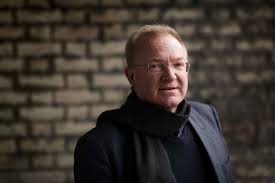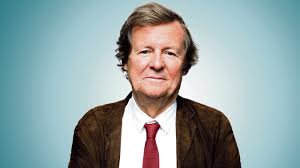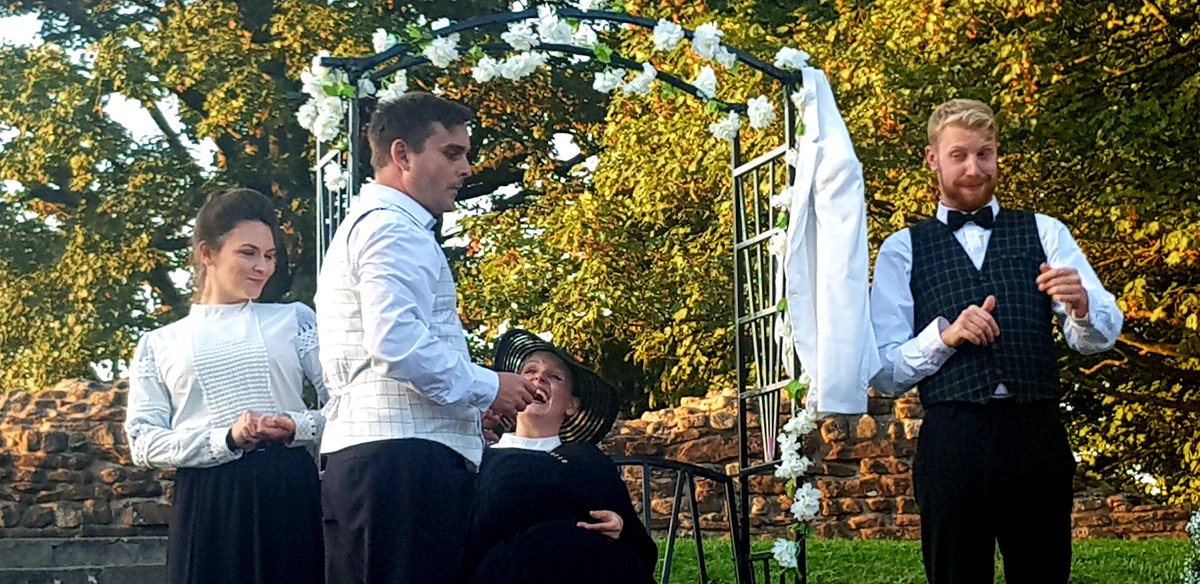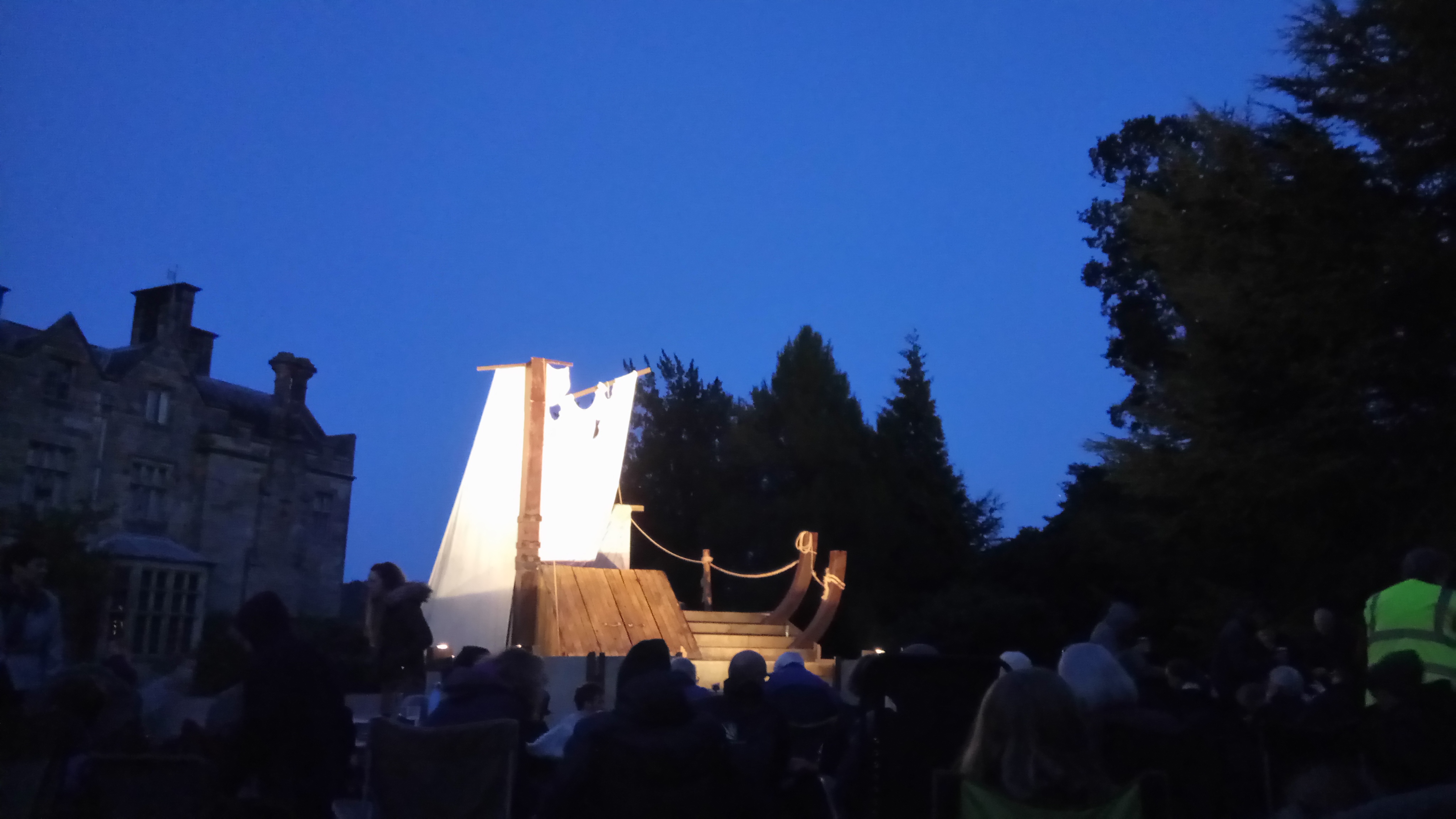Boldly feminine interpretation of Richard Strauss’s Salome launches ENO’s 2018/19 Season
Opens Friday 28 September at 7.30pm (7 performances)
Continuing English National Opera’s long tradition of reimagining the operatic canon in daring new ways, the 2018/19 Season opens with a production of Richard Strauss’s Salome retelling the biblical tale from a radical feminine perspective. Acclaimed Australian director Adena Jacobs makes her UK debut with an all-female creative team, excavating the themes of violence, sexuality and power from Oscar Wilde’s story and presenting them in a shockingly contemporary light. Allison Cook, one of the UK’s most exciting interpreters of 20th century repertoire, makes her role debut as the titular princess.
This dreamlike journey through Salome’s psyche, evoked with powerful abstract visual images, shows a claustrophobic space in which female desire replicates the violence of the patriarchal world. ENO Music Director Martyn Brabbins takes the conductor’s baton in his third production as Music Director.
Adena Jacobs is the Artistic Director of acclaimed Melbourne-based theatre company Fraught Outfit, which seeks to stage classical and biblical stories from a feminine perspective. Previous adaptations have included The Bacchae (‘extraordinary, overwhelming theatre’ – ABC) and The Book of Exodus (‘gobsmacking, brilliant’– The Melbourne Critique). She was Resident Director at Belvoir in Sydney, 2014-15. She comments: “This production of Salome is mythic, feminine and brutally contemporary. Imagined through Salome’s perspective, Strauss’s opera becomes a fever dream, a dark fantasy, and an examination of patriarchal power and control. My approach to Salome is through the lens of trauma; the ways in which cycles of violence have inscribed themselves on to the bodies and psyches of these characters.”
Martyn Brabbins has emerged as one of the country’s leading conductors. In this, the first season he has fully programmed alongside Artistic Director Daniel Kramer, he will also conduct two more pieces, War Requiem and the world premiere of Iain Bell’s Jack the Ripper: The Women of Whitechapel.
Scottish mezzo-soprano Allison Cook, widely acclaimed for her ‘tour-de-force’ (Opera Magazine) performance as the Duchess of Argyll in the 2013 New York City Opera production of Powder Her Face and in the title role as Britten’s Phaedra at the Barbican, makes her ENO debut as well as her role debut in this production.
English bass David Soar sings the prophet Jokanaan, returning to ENO after singing his ‘first-rate’ (The Daily Telegraph) Animal Tamer and Athlete in 2016’sLulu. He also returns to ENO to sing Colline in La bohème later in the autumn. Northern Irish tenor Michael Colvin, previously seen at the Coliseum as the Painter in Lulu and as Bob Boles 2014’s Peter Grimes, sings Herod.
One of ENO’s most admired artists, Susan Bickley, sings Herodias, wife of Herod. Called ‘one of the greatest singers of our time’ (The Spectator), she has been seen on the ENO stage many times, most recently as Paulina in 2017’s premiere of The Winter’s Tale and as Eduige in Rodelinda, also in 2017. British tenor and former Glyndebourne Young Artist Stuart Jackson makes his house debut as Narraboth.
Mezzo-soprano Clare Presland sings Herodias’s page, having given a ‘beautifully considered’ (WhatsonStage) Hermia earlier in 2018 in A Midsummer Night’s Dream.
The Jews, Soldiers, and Nazarenes ensemble includes members of the award-winning ENO Chorus, continuing an ENO practice of featuring Chorus members in principal roles from the Studio Live programme. The cast is completed by Trevor Bowes as the Cappadocian and Ceferina Penny in her house debut as the Slave.
Multi-award-winning designer Marg Horwell makes her UK debut after a much-lauded career in Australian opera and theatre. Lighting design is by Lucy Carter, whose many awards and plaudits for work including Oil at the Almeida Theatre (2016) and ENO’s own The Dream of Gerontius at the Southbank Centre (2017) have made her one of London’s most sought-after lighting designers. Australian choreographer Melanie Lane completes this all-female creative team.
Salome opens on Friday 28 September at 7.30pm at the London Coliseum for 7 performances: 28 September 3, 6, 12,18, 23 October at 7.30pm and 20 October at 6.30pm.




